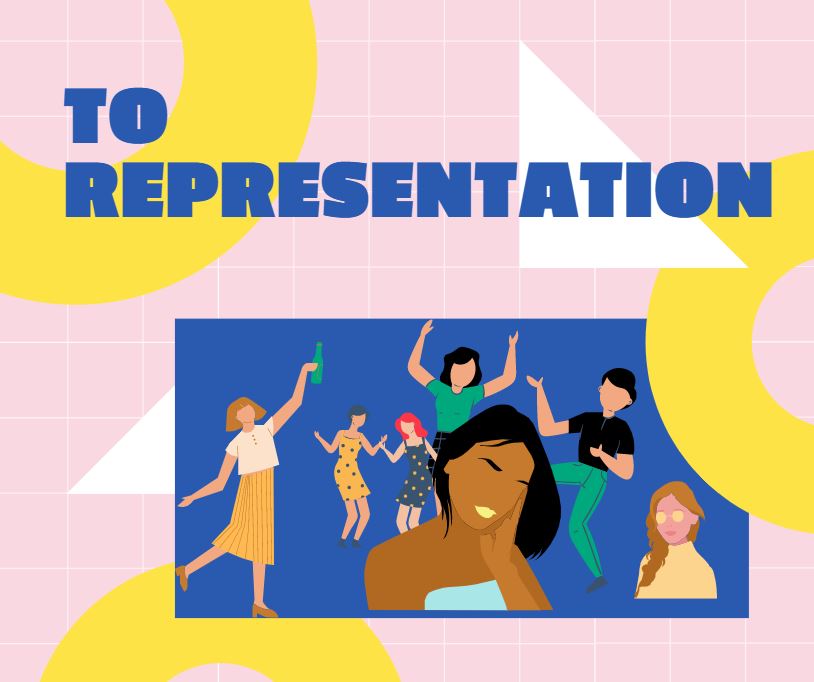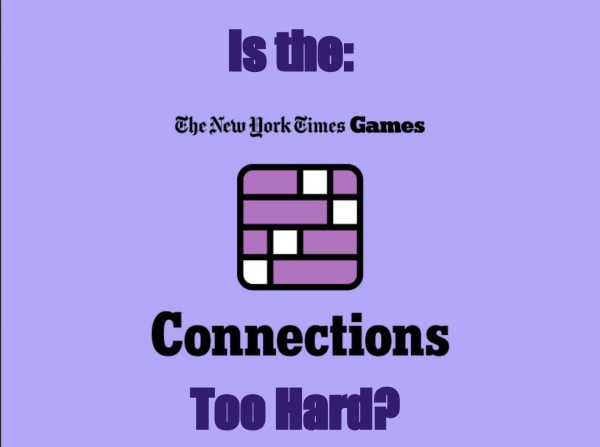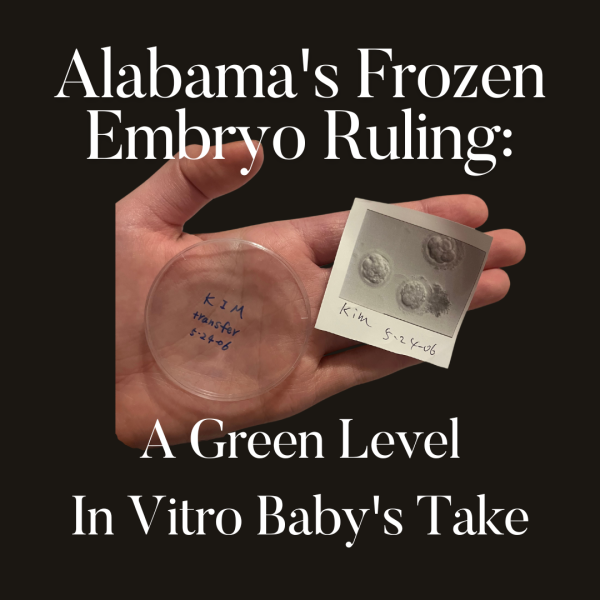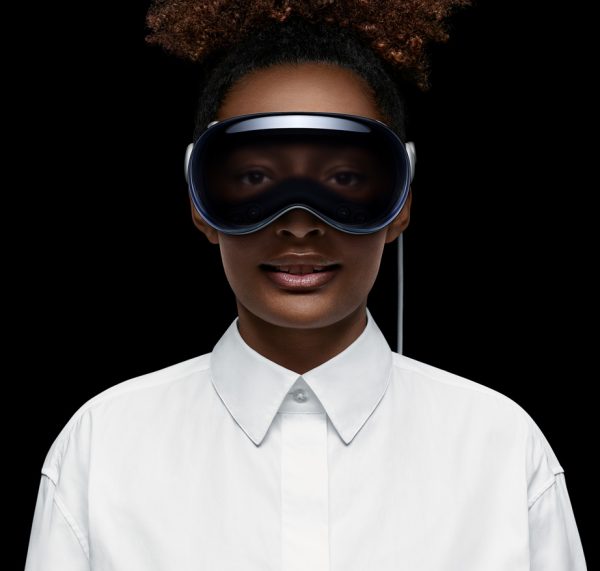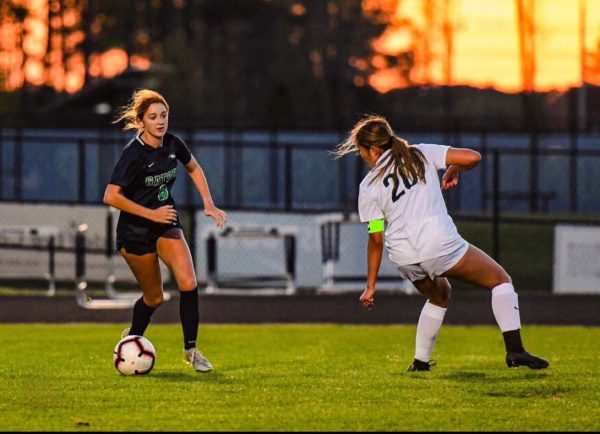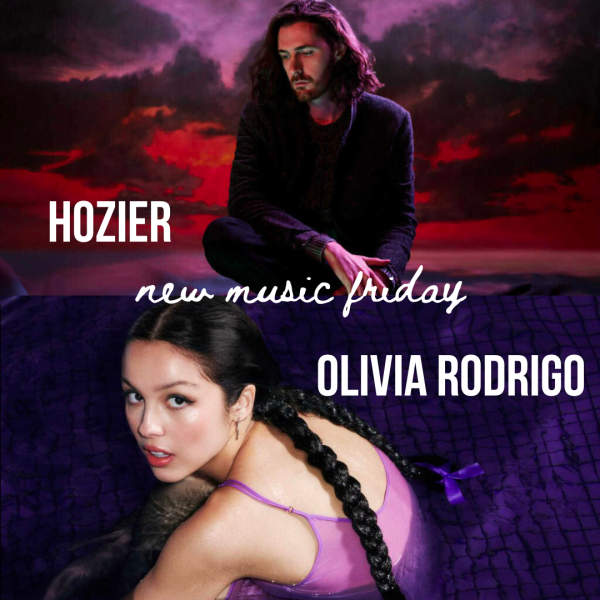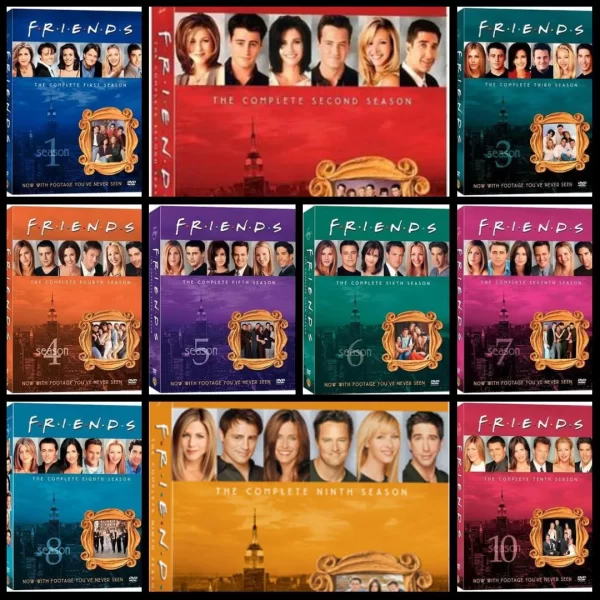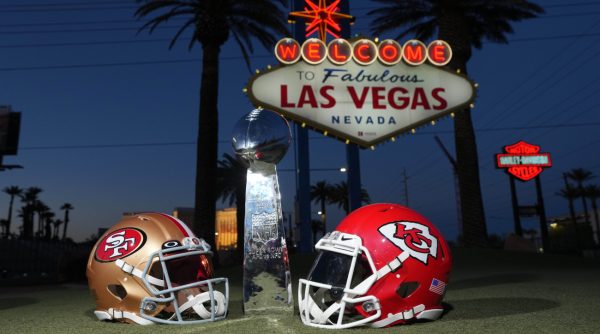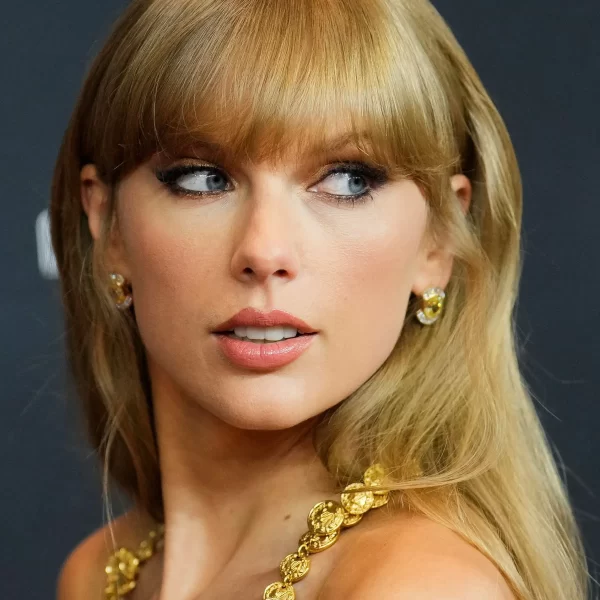To More Authentic Stories
Teary-eyed and satisfied, my girl friends, friends’ mothers, mother, and I walked out of the theater sighing at the creation of Little Women. “I love when stories are created by women,” my mom declared, “I can feel the difference with movies made by men and movies made by women. Women understand my feelings better.” That’s what representation is.
Representation was never something I understood because it was never available to me. I had lived fourteen years of my life without seeing someone who looked Asian, spoke fluent English, and had a lead role in a mainstream Hollywood movie.
Asian jokes are easily made, whether that be people pulling the corners of their eyes, asking where you’re from, if you eat dogs. My fellow Asian-Americans and I have faced these types of comments dozens of times. But the media was always pushing for more of these overused jokes.
An ESPN article was published under the title “A Chink in the Armor,” using a racial slur to describe one of the only Asian Americans in professional athletics, Jeremy Lin. On national television Steve Harvey asked himself, “Do you like Asian men?” and responded with a straightforward, “No,” cracking himself up on live television, with the audience laughing along. There have been countless cases of yellow washing and whitewashing in Hollywood. In the film Aloha, Emma Stone declares she’s Chinese-Hawaiin, Scarlett Johanson stars as a heroine in the 2017 movie, Ghost in the Shell, a heroine who was meant to be Japanese. The list goes on: Matt Damon in The Great Wall, Tilda Swinton in Doctor Strange, do you remember Mickey Rooney in Breakfast at Tiffany’s?
This lack of representation only encouraged the success of Crazy Rich Asians, a movie with a full cast of Asians, starring Constance Wu as Rachel Chu, a young, beautiful, smart, independent, and normal Asian American. It allowed people to see themselves (and real Asians) on the big screen. It made the differentiation between Asian and Asian American. It showed me I could be strong; I could make strong relationships; I could fall in love; I could stand up for myself. These weren’t ever things I had seen in popular media before. Ever.
After Crazy Rich Asians, there was a continuous stream of Asian Americans making history on and behind the big screen. To All the Boys I’ve Loved Before followed in success, speaking up for quieter Asian American girls. After that there has been The Farewell, Always Be My Maybe, Awkwafina hosting SNL, Joshua Dela Cruz hosting Blues Clues, the announcement of Shang-Chi, the first Asian American superhero, who will be played by Simu Liu, and of course Awkwafina was recently the first of Asian descent to win a Golden Globes Award in a lead actress category.
It is not only that I am seeing my black hair, brown eyes, and Chinese-American face more on screen, but I am seeing my own culture, heritage, and story.
When our real and authentic stories are shared, it is not only the people being represented who appreciate the breaking of stereotypes. It also creates empathy for understanding different cultures among all of us.
There needs to be even more representation for different cultures. There are millions of authentic stories waiting to be shared, and not enough of Western media sharing them. It’s not only Asian American stories, it’s stories of the poor, the underprivileged, the minorities. We need more Lara Jean Song Coveys, Jos, T’Challas, Usnavis, and Kim Ki-taeks because representation rules.
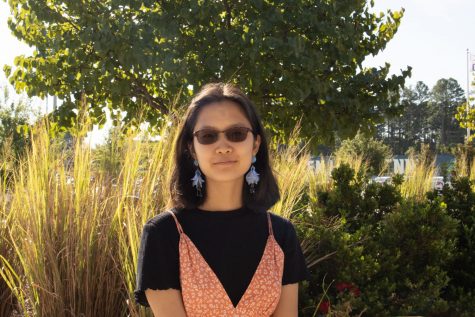
Aida is a senior who enjoys Miyazaki movies, spending time with loved ones, art, cooking, eating (all food but especially her mom’s Chinese food), and...


